Transformative Impact of Mindfulness: Insights from Headspace CEO Russell Glass
Russell Glass, the composed and confident CEO of Headspace, a mental health support company, once battled severe impostor syndrome. This struggle began in 2014 when he took on a senior executive role at LinkedIn, coinciding with the birth of his third daughter. The pressures of adapting to a large corporate environment, coupled with sleep deprivation, affected his self-esteem profoundly.
“I found that I didn’t trust my gut instinct. Transitioning from a 200-person company to a 5,000-person organization, I observed practices that seemed counterintuitive to me. However, given LinkedIn’s success, I questioned my own understanding,” Glass recalled. Having spent his career as an entrepreneur, he felt ill-equipped for a corporate setting of that size.
After months of struggling with self-doubt, Glass participated in a mindfulness workshop led by Andy Puddicombe, a former monk and co-founder of Headspace. He was invited by Jeff Weiner, the then-CEO of LinkedIn, who had embraced mindfulness. Motivated, Glass soon downloaded the Headspace app and established a daily meditation practice, starting with ten to fifteen minutes.
He credits the experience with significant positive changes in his life. “It’s transformed my roles as a CEO, husband, and parent,” Glass shared. “I can acknowledge my feelings without letting them overwhelm me.” He noted that employees at Headspace often share similar stories about how mindfulness has helped them navigate challenges. Personally, I shared my experience of overcoming postpartum anxiety a few years prior through acupuncture and regular meditation sessions.
Despite the notion that mindfulness is at its peak popularity, Glass believes there is still substantial work ahead to encourage individuals to prioritize mental health as they do physical health. According to him, Headspace is headed into its busiest season of the year, as mental health issues often spike during the holiday season and many resolve to improve their well-being in the new year.
“Talking about mental health has become more accepted among younger demographics, but stigma persists, particularly within older age groups and certain minority communities,” he cautioned, pointing out the pressing demand for mental health resources. “We witnessed a dramatic increase in mental health needs during the pandemic, a trend that hasn’t dissipated despite its easing.” He attributes the ongoing demand to the current economic climate and sustained remote working conditions.
“Life has become increasingly complex. Issues like inflation weigh heavily on people’s minds, and many, especially younger generations, are struggling with sleep due to excessive screen time. The lifestyle shifts brought about by the pandemic, along with uncertainties regarding work routines, have negatively impacted mental health,” Glass explained, noting that feelings of isolation are intensifying among younger employees.
“Historically, workplaces have been social hubs. The lack of physical interactions can foster loneliness, especially for those without family support,” he added.
Glass observed that visibility in the workplace often correlates with career advancement. “We’ve seen evidence that employees who engage with their offices are promoted faster than their remote counterparts,” he stated. He emphasized the value of in-person interactions for professional growth and connection.
There have been inquiries regarding Headspace’s financial health after it secured $105 million in debt this year instead of equity financing. Glass explained that he opted for debt due to the high costs associated with equity, viewing it as a temporary financial safety net. “We want to be prepared for any challenges,” he stressed, while expressing uncertainty about the upcoming year.
Looking ahead, Glass anticipates Headspace will achieve profitability in 2024, aided by a strategic reduction of its workforce by about 10 percent, down to 800 employees. “Given the unpredictable nature of the current economic landscape and its impact on consumer spending, we faced tougher challenges than anticipated in 2023,” he noted.
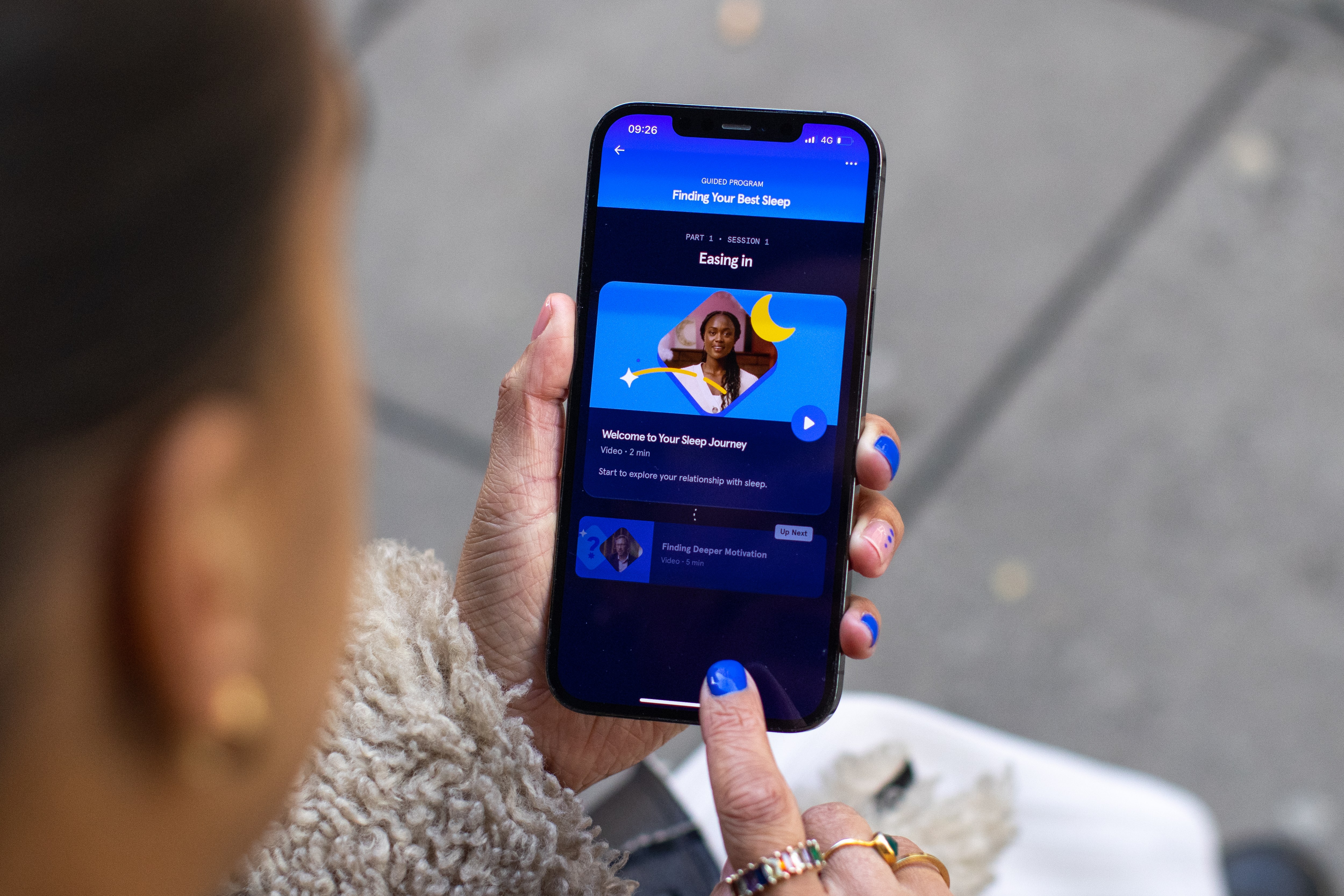
The adjustments were partly a natural outcome of Headspace’s merger with Ginger, a healthcare provider, which took place two years earlier. While the merger initially valued the combined entity at over $3 billion, Glass pointed out the complexities involved in merging distinct corporate cultures. “Mergers are challenging, requiring the integration of diverse teams and processes,” he remarked. “Headspace originated as a tech startup focused on meditation, while Ginger functioned more as a healthcare provider.”
While the Headspace app is widely recognized, with over 100 million downloads, approximately 60 percent of its revenue originates from 4,000 business clients that offer Headspace’s mental health services to their employees. Glass projects that business-to-business sales will grow to 75 percent in the coming years, which would position Headspace to be less vulnerable to fluctuations in consumer spending.
Looking to the future, Glass has not dismissed the possibility of a public offering to enhance brand recognition in the mental health sector, although he declined to specify a timeline. “If we aim to be a leading brand in mental health, going public might facilitate our visibility,” he concluded.
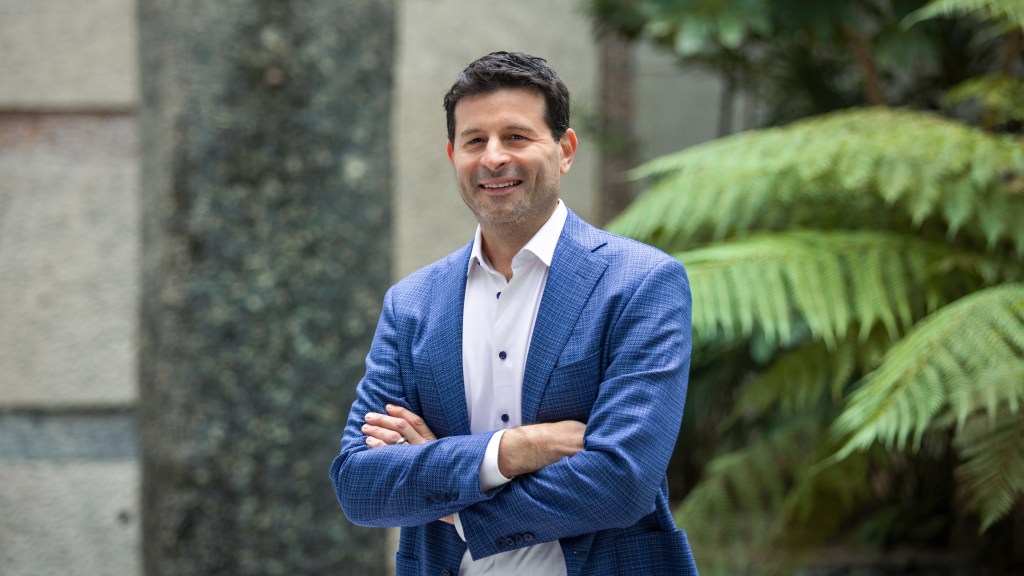
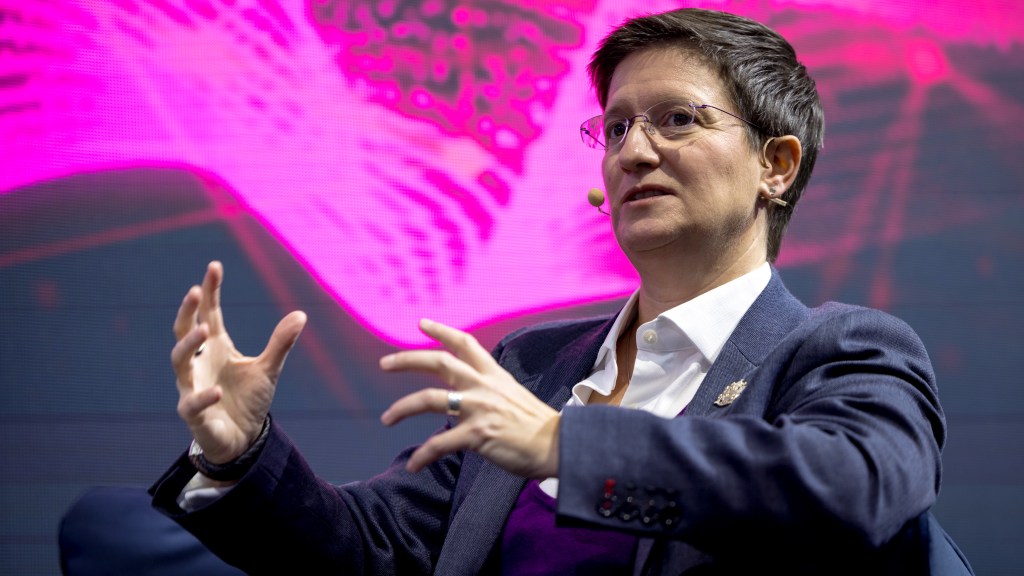
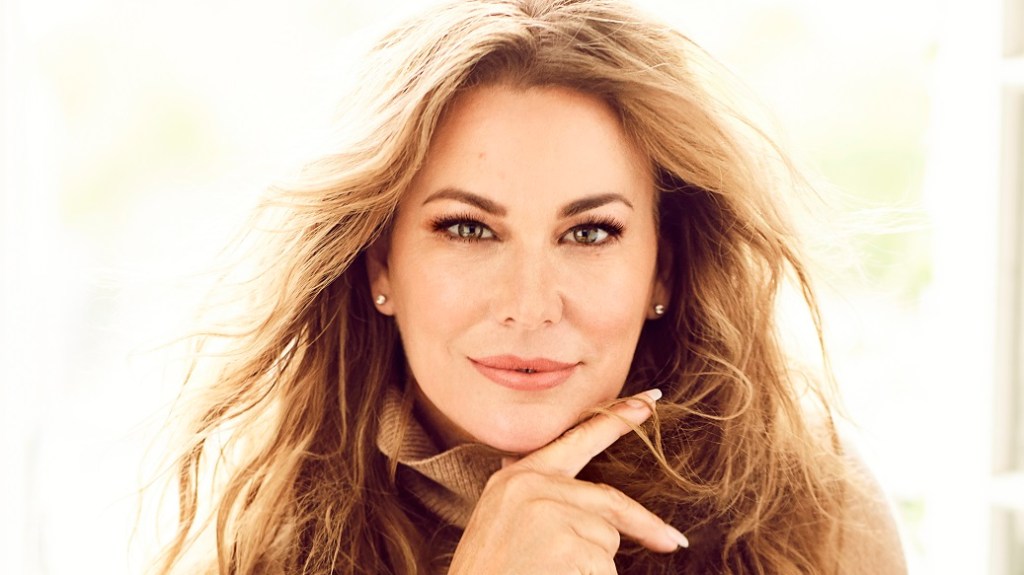
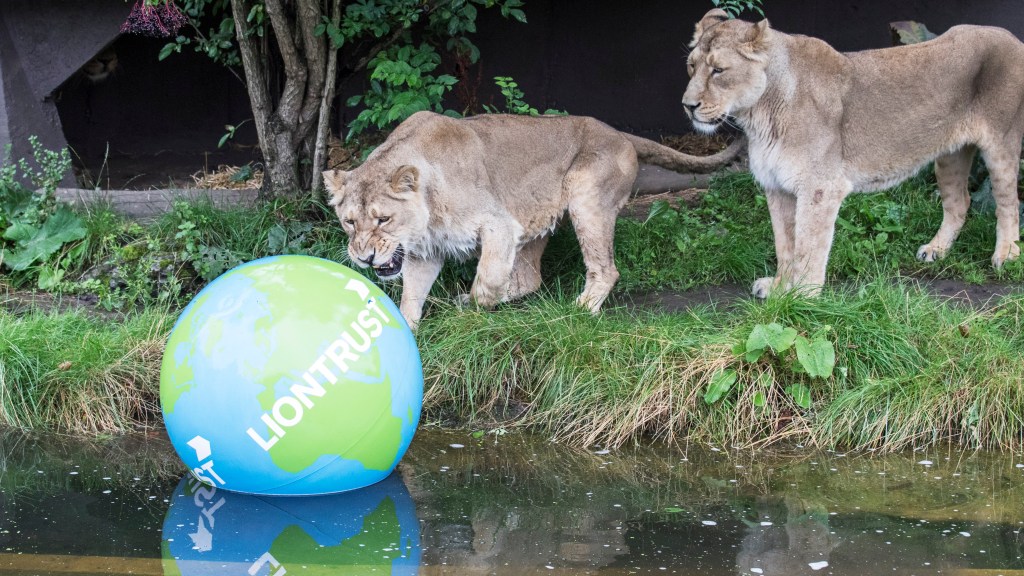
Post Comment